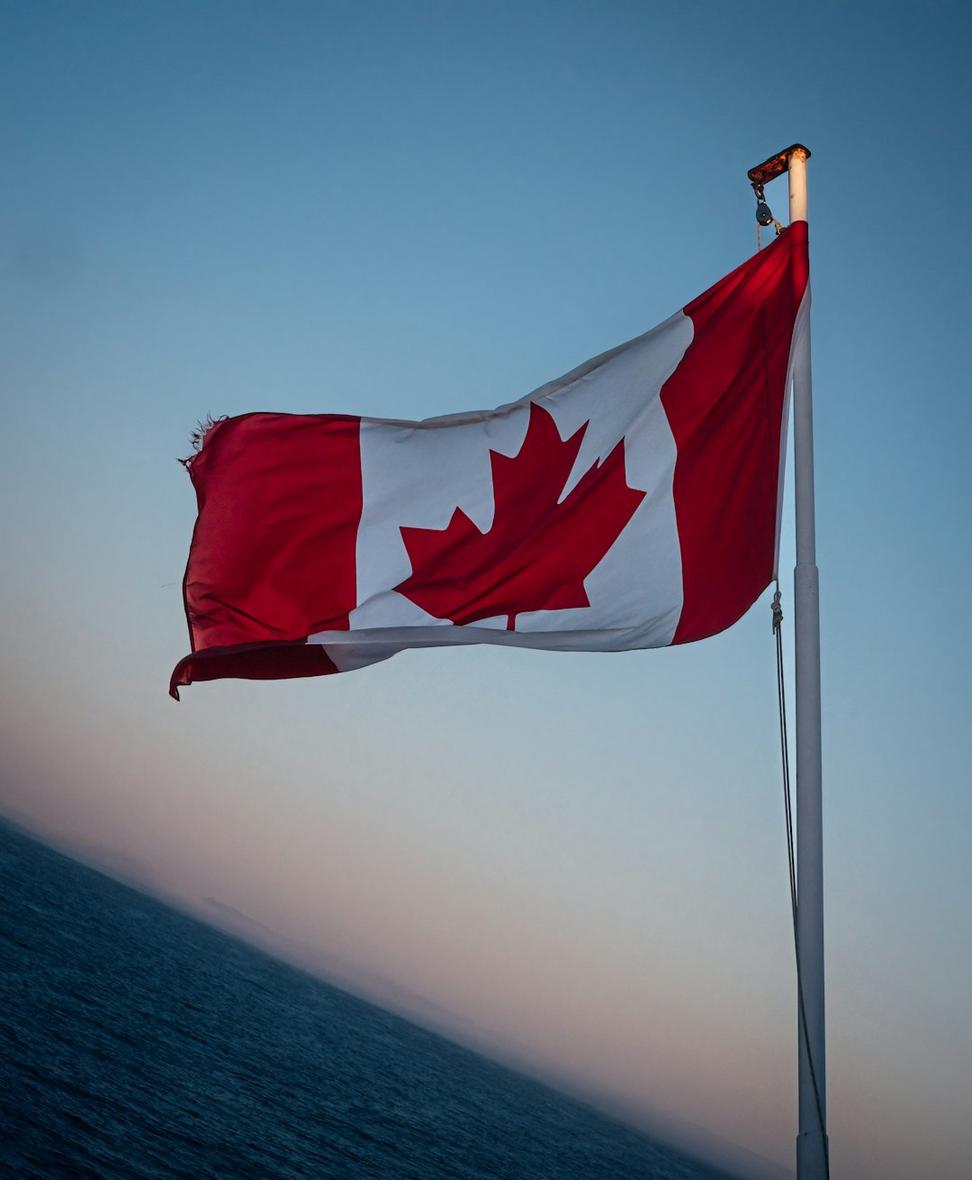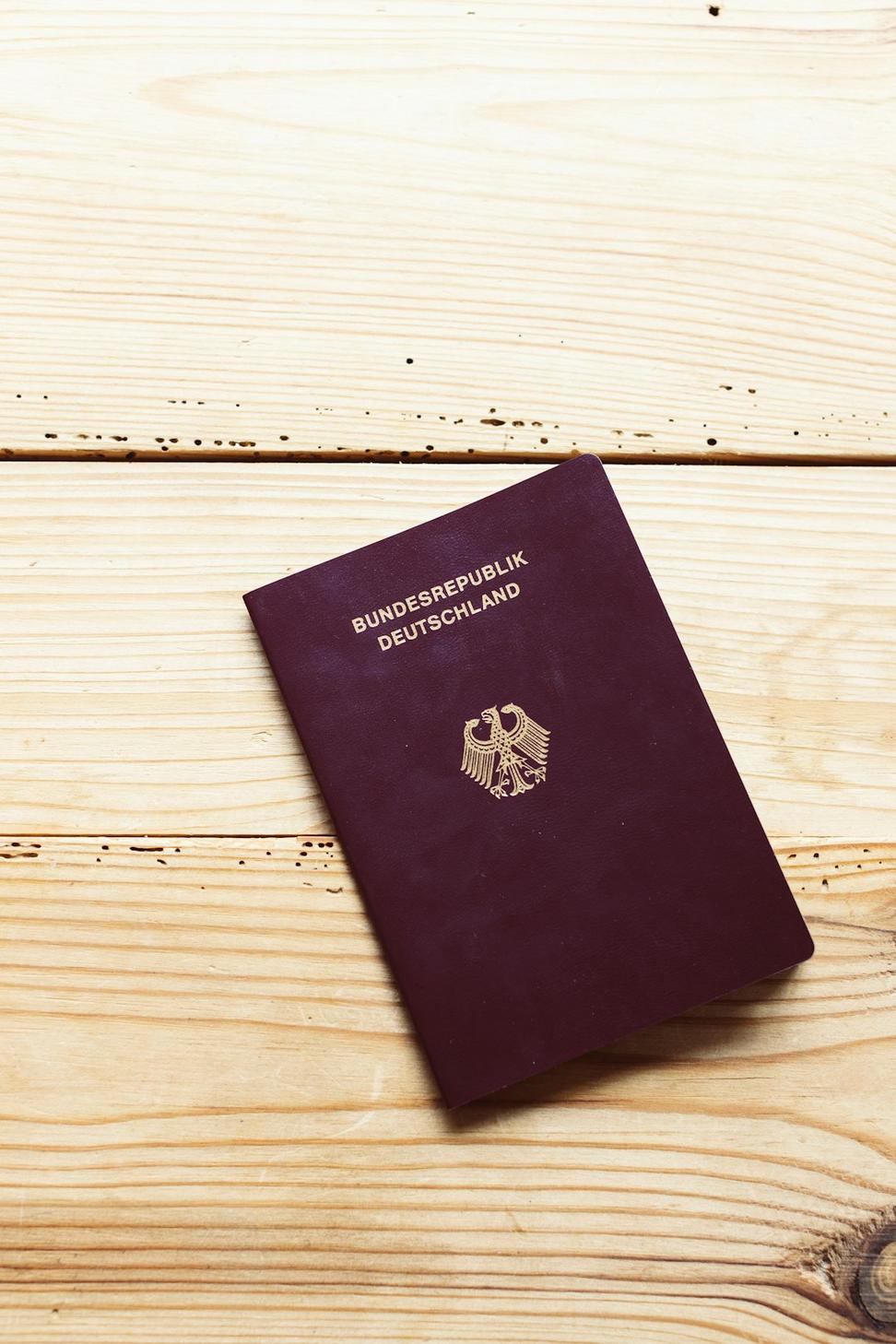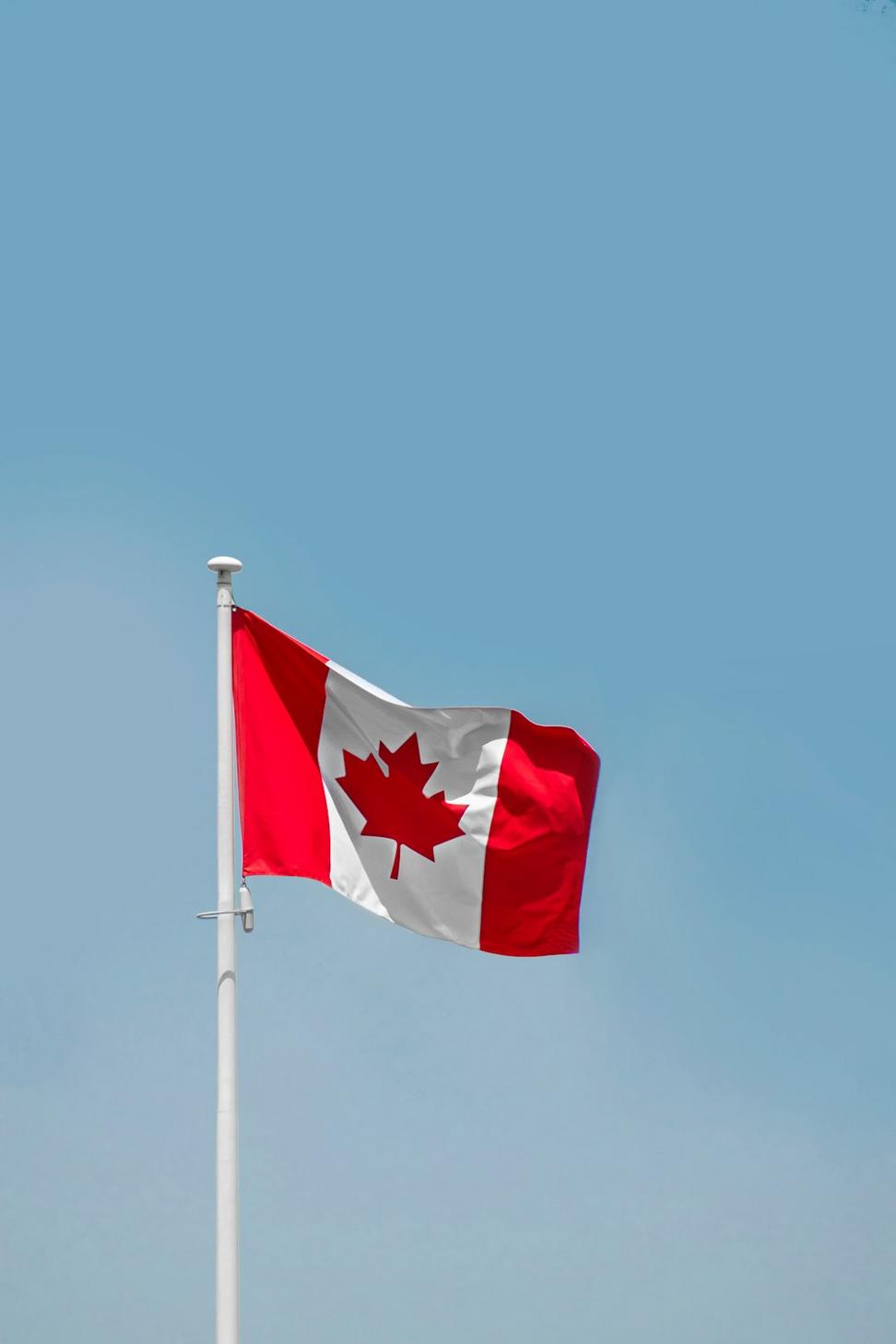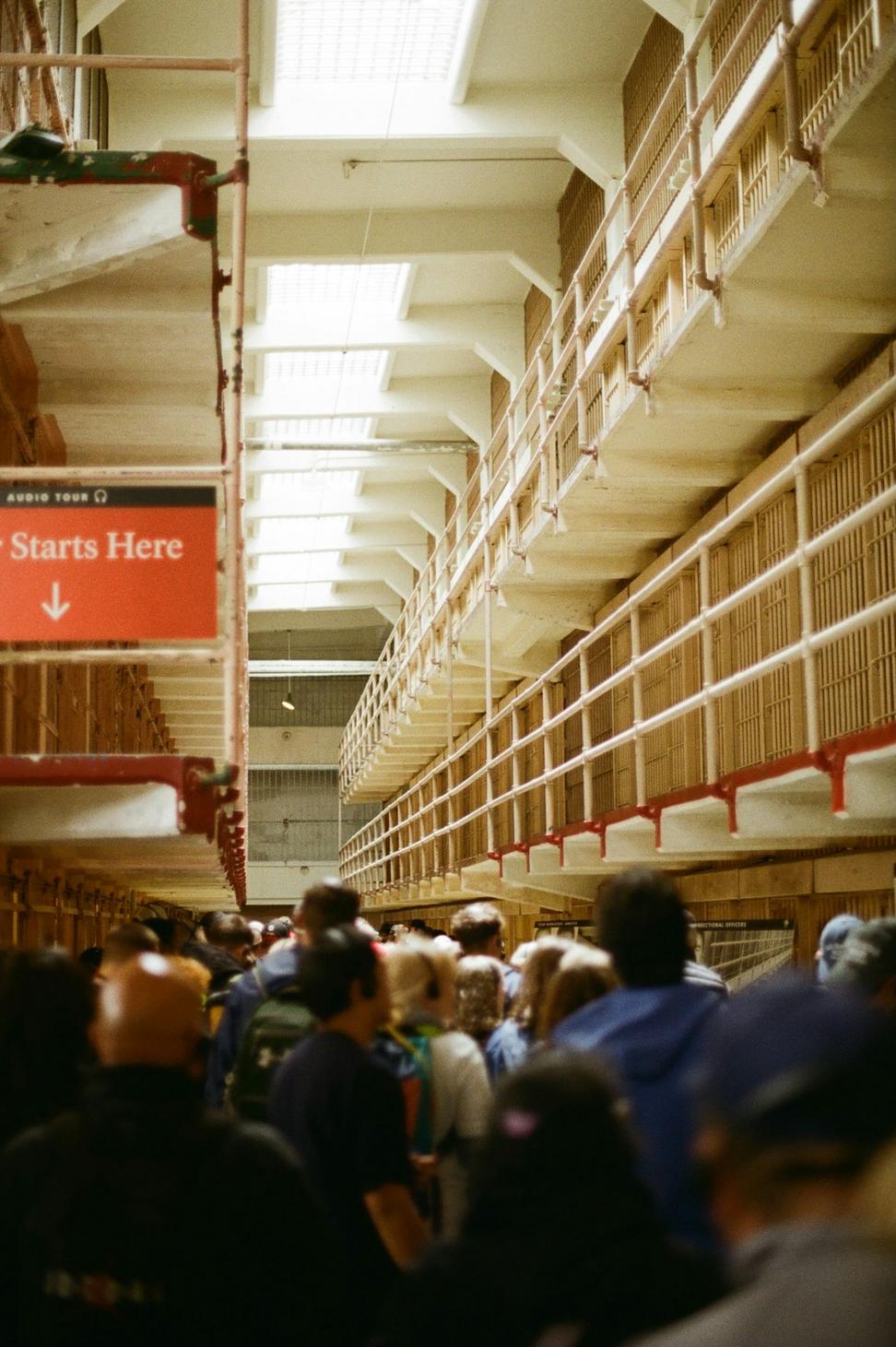
Popular
Complete Refugee Claim Guide
Walk through every step of filing a refugee claim in Canada. We break down the process, timelines, and what to expect at hearings.

Essential
Family Sponsorship Handbook
Everything about sponsoring your spouse, kids, or parents. Income requirements, processing times, and common pitfalls to avoid.

Work Permit Applications Explained
From LMIA requirements to open work permits - we've seen it all. This guide covers what you really need to know.

Path to Canadian Citizenship
Ready to become a Canadian citizen? Here's what the process looks like, including test prep tips and ceremony expectations.

New
Deportation Defense Strategies
Facing removal from Canada? Learn about your appeal rights, judicial reviews, and how to build a strong defense case.

Immigration Detention Reviews
Know your rights if you're detained by CBSA. Understanding the review process can make all the difference.
Honestly, it varies a lot. On average you're looking at 18-24 months from claim to hearing, but we've seen cases move faster and some take longer. The IRB aims for 60 days to schedule a hearing once your claim is referred, but backlogs happen. After your hearing, decisions can come within weeks or take a few months. I know waiting sucks, but using that time to gather strong evidence and prepare your testimony makes a real difference.
Yeah, you can. Once you've made your claim and received confirmation, you're eligible to apply for a work permit. There's no fee for this permit, and it's usually issued pretty quickly. You'll need to wait until your claim is officially referred to the IRB before applying. The work permit is valid until your claim is decided, and if you're accepted as a refugee, you can get permanent residence and work anywhere you want.
A rejection isn't the end of the road, though I won't sugarcoat it - it gets tougher. You have 15 days to apply for leave to appeal to the Refugee Appeal Division (RAD) if you're eligible. Some claims aren't eligible for RAD appeals, like those from designated safe countries. If RAD isn't an option or also rejects your claim, you might qualify for a Pre-Removal Risk Assessment (PRRA) or judicial review at Federal Court. Every case is different, and timing is crucial, so don't wait to get legal advice after a rejection.
Government fees alone are around $1,365 for sponsoring a spouse or partner (includes processing and right of permanent residence fees). For parents or grandparents, it's $1,365 per person. Then you've got medical exams (usually $200-450 per person), police certificates, translations if needed, and photos. Legal fees vary - we try to keep things transparent and affordable. Budget at least $2,000-3,000 total for a straightforward spousal sponsorship, more if your case has complications.
It can, yeah. DUIs are considered serious criminality in Canada if they happened within the last 10 years. If you're applying from outside Canada, you might be deemed inadmissible. If you're already here, it could affect renewal applications or permanent residence. There are ways to address this - criminal rehabilitation applications, temporary resident permits, or waiting until enough time has passed. Don't try to hide it though. IRCC finds out, and lying on your application is way worse than being upfront about past mistakes.
Look, I'm biased, but here's the truth: some cases are straightforward enough to do yourself if you're organized and good at following instructions. But if there's ANY complication - previous refusals, criminal issues, gaps in your story, tight deadlines, or deportation risk - get professional help. We see people every week who tried to DIY their case and now they're in a worse position. Immigration law changes constantly, and small mistakes can tank your application or even get you banned. A consultation costs way less than fixing a refused application.
You can try, but there's no guarantee you'll get in. Having a pending sponsorship application doesn't automatically give you visitor status. Border officers worry about people not leaving if their visitor visa expires before their sponsorship is approved. That said, lots of people do visit successfully during processing. Be honest at the border about your sponsorship application, show strong ties to your home country, and prove you can support yourself during the visit. Some people apply for a visitor record to stay longer if they're already in Canada, which is legal as long as you maintain status.
Basically, they're the same thing, just different stages. An asylum seeker is someone who's made a claim for protection but hasn't been officially recognized yet. A refugee is someone whose claim has been accepted - they've been granted protected person status. In everyday conversation people use the terms interchangeably, but technically you're an asylum seeker while your claim is being decided, and you become a refugee once it's approved. Either way, you're someone who had to flee danger and is seeking safety.
IRCC Announces Changes to Parent & Grandparent Sponsorship Program
2 days ago
The government just announced they're switching back to a first-come, first-served system instead of the lottery for 2026. This is huge for families who've been waiting. Applications are expected to open in early January. Start gathering your documents now because spots fill up fast when it's first-come.
Read more
Processing Times Improve for Work Permits
1 week ago
Good news if you're waiting on a work permit - IRCC reports average processing times have dropped to 8 weeks for most applications, down from 12+ weeks earlier this year. Online applications are moving even faster than paper ones. Make sure all your docs are uploaded clearly to avoid delays.
Read more





